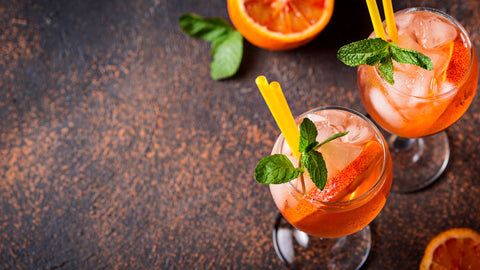
Everything You Need to Know About Mixology History
Mixology history is a fascinating journey that takes us back in time to the origins of the art of crafting cocktails. It is a story that intertwines cultural influences and historical events to shape the development of this beloved craft.
From its humble beginnings to the refined techniques used today, the evolution of mixology is a testament to human creativity and innovation.
The art of mixology can be traced back to ancient times when the use of alcohol in beverages was already prevalent.
It was during the Middle Ages that the foundation of modern mixology was laid. Distillation techniques were introduced, leading to the creation of a wide range of alcoholic beverages.But it was in the colorful annals of mixology history where the true origins of cocktails were deeply rooted, tracing back to the early days of renowned tipples and the artful craft of blending flavors.

Mixology Throughout History
From ancient civilizations to modern-day craft cocktail bars, the journey of mixology throughout history is filled with fascinating stories and discoveries. The origins of cocktails can be traced back to the colorful annals of mixology history, where renowned tipples and the artful craft of blending flavors were born.
As time passed, distillation techniques were introduced during the Middle Ages, paving the way for an array of alcoholic beverages.
The craft of mixing drinks, commonly known as mixology, along with the development of cocktails, has a fascinating and rich history, particularly in the United States, where it originated. The concept of the cocktail emerged in the early 19th century, characterized by a mix of spirits, sugar, water, and bitters. Over time, these drinks became a symbol of innovation and cultural expression.

The art of cocktail making truly began to flourish around the mid-1800s, largely due to influential figures such as
Throughout the subsequent decades and into modern times, cocktail culture has undergone numerous transformations, adapting to changes in societal attitudes, prohibition periods, and the evolving tastes of generations. Despite these changes, the core essence of the cocktail—its spirit of rebellion, its playfulness, and its creativity—remains intact. Each era has left its imprint on cocktail culture, enriching it and allowing it to evolve while preserving its historical roots. Today, mixology is recognized not just as a craft but as an art form, celebrated and cherished worldwide.
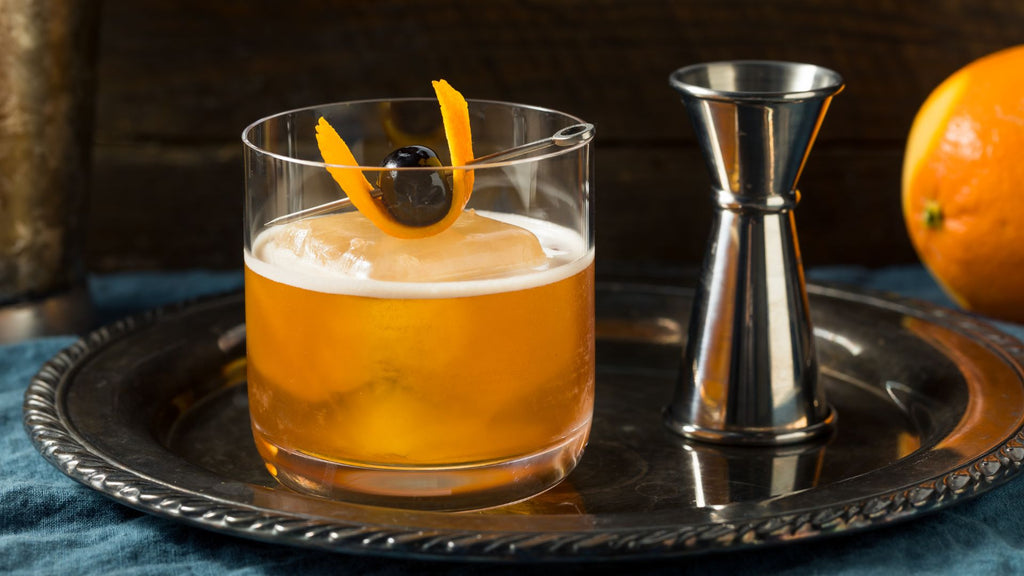
The evolution of mixology has seen the rise of craft cocktails, with bartenders and mixologists pushing the boundaries of creativity and exploring new ingredients, techniques, and trends.Today, cocktail enthusiasts can explore the rich history of mixology through a fascinating journey that uncovers the cocktail origins and traces the evolution of mixology throughout the ages.
Evolution of Cocktail Making
As mixology has evolved throughout history, bartenders have played a vital role in shaping the world of cocktails. They have been the creative minds behind iconic drinks that have become famous and sought after.
From classic cocktails like the Martini and Old Fashioned to vintage drinks like the Manhattan and Negroni, bartenders have experimented with different combinations of cocktail ingredients to create unique and signature flavors.
In recent years, the cocktail industry has seen a surge in craft cocktails and the use of innovative techniques.
Mixologists have taken inspiration from molecular mixology and tiki drinks to create cutting-edge and exciting concoctions.
They have also embraced the revival of speakeasies, where bartenders showcase their skills and create bespoke cocktails for discerning customers.
Influential Figures in Mixology
In the fascinating world of mixology, there have been several influential figures who have left their mark on the art of cocktail making. These individuals have not only shaped the history of mixology but also revolutionized the way we enjoy alcoholic beverages.
One such figure is Jerry Thomas, known as the father of mixology. He was a renowned bartender in the 19th century who popularized the craft of cocktail making.
Thomas authored the first-ever cocktail book, How to Mix Drinks or The Bon Vivants Companion, which contained hundreds of drink recipes and techniques.
His innovations and showmanship behind the bar laid the foundation for modern mixology.Another influential figure in mixology is Ada Coleman, renowned for her significant contributions to the history of mixology, cocktail origins, and the evolution of mixology itself.
Origins of Famous Cocktails
Another fascinating figure in the history of mixology is Harry MacElhone, a Scottish-born bartender who made a significant impact on the cocktail industry. MacElhone was the proprietor of the renowned Harrys New York Bar in Paris during the early 20th century.
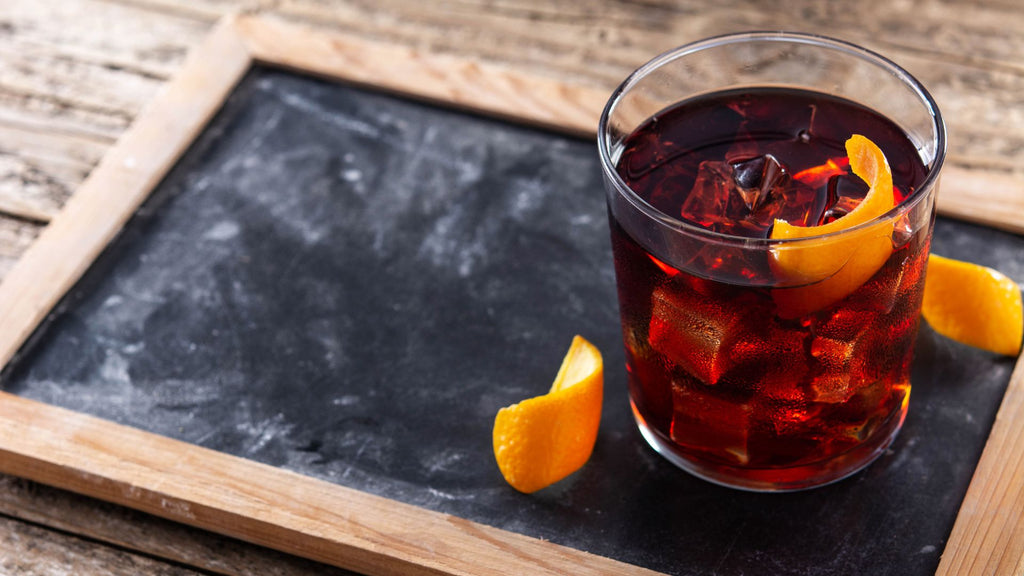
MacElhone is credited with inventing the classic cocktail, the Boulevardier.
This delicious concoction is made with whiskey, sweet vermouth, and Campari, and is said to be a variation of the Negroni.
The Boulevardier has become a favorite among cocktail enthusiasts and remains a staple in craft cocktail bars around the world. While many famous cocktails have well-known origins, there are also hidden gems waiting to be discovered.One such drink is the Corpse Reviver, which holds a significant place in mixology history due to its origins and the evolution of mixology as a whole.
Exploring Cocktail Culture
Cocktails represent a unique blend of tradition and innovation, serving as a bridge between the past and the present in the world of culinary and beverage arts. The evolution of mixology, characterized by a resurgence of interest in craft cocktails, highlights this blend. Bars that evoke the ambiance of historical speakeasies, such as hidden bars in city locales, have sparked a modern fascination with cocktail culture by integrating classical mixology techniques with inventive ingredients and presentations. These venues not only pay homage to the clandestine enjoyment of the Prohibition era but also push the boundaries of traditional recipes, offering a contemporary twist.
Cocktail culture has evolved immensely over time, shaped by a fascinating mix of history, cultural influences, and innovative techniques. One notable aspect of this evolution is the rise of craft cocktails.
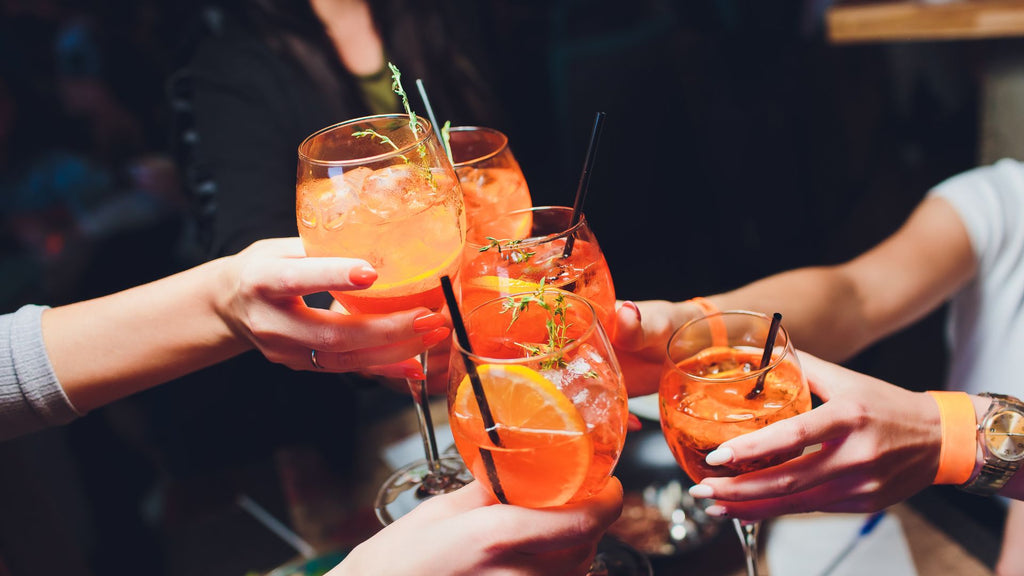
The significance of cocktails in celebrating tradition lies in their historical roots. They connect us to historical figures and events, echoing the practices of pioneers like Jerry Thomas
These drinks go beyond the simple mixing of ingredients, incorporating intricate cocktail techniques and unique flavor combinations.Mixology education has also played a crucial role in advancing cocktail culture.
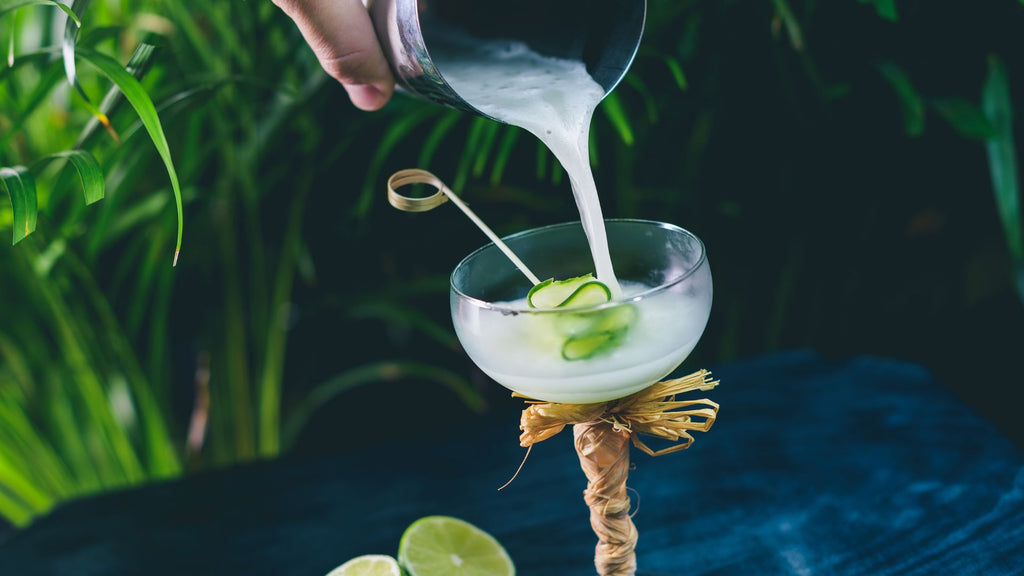
Bartenders and mixologists now have access to a wide range of cocktail classes, seminars, and workshops that teach them the latest mixology techniques and trends. This knowledge allows them to create exceptional drink recipes that showcase their creativity and expertise.The cocktail industry has been greatly impacted by the growing popularity of cocktail bars, where mixology history, cocktail origins, and the evolution of mixology have become key focal points.
Cocktails are more than just drinks; they are a celebration of human connection, history, and the relentless pursuit of innovation. Each sip provides a taste of both the richness of the past and the possibilities of the future, encapsulating the essence of tradition and change.
Secrets of Vintage Cocktails
Vintage cocktails hold a certain allure and charm that captivates cocktail enthusiasts and mixologists alike. These timeless classics are steeped in cocktail history and have stood the test of time, making them a beloved part of cocktail culture.
From the prohibition era cocktails to the tropical cocktails of the 1950s, each era has its own unique flavor profiles and cocktail trends.
One of the secrets behind vintage cocktails lies in their cocktail ingredients.
Using high-quality spirits, fresh fruits, and homemade cocktail syrups and cocktail bitters, bartenders of the past created drinks that were balanced, nuanced, and full of flavor. But its not just the ingredients that make vintage cocktails special.
Mixology techniques, such as cocktail shaking, stirring, and straining, were also key to achieving the perfect blend of flavors and textures. Bartenders and mixologists would use a variety of mix to craft cocktails, drawing inspiration from the rich tapestry of mixology history, exploring cocktail origins, and tracing the fascinating evolution of mixology throughout the ages.
Prohibitions Impact on the Cocktail Industry
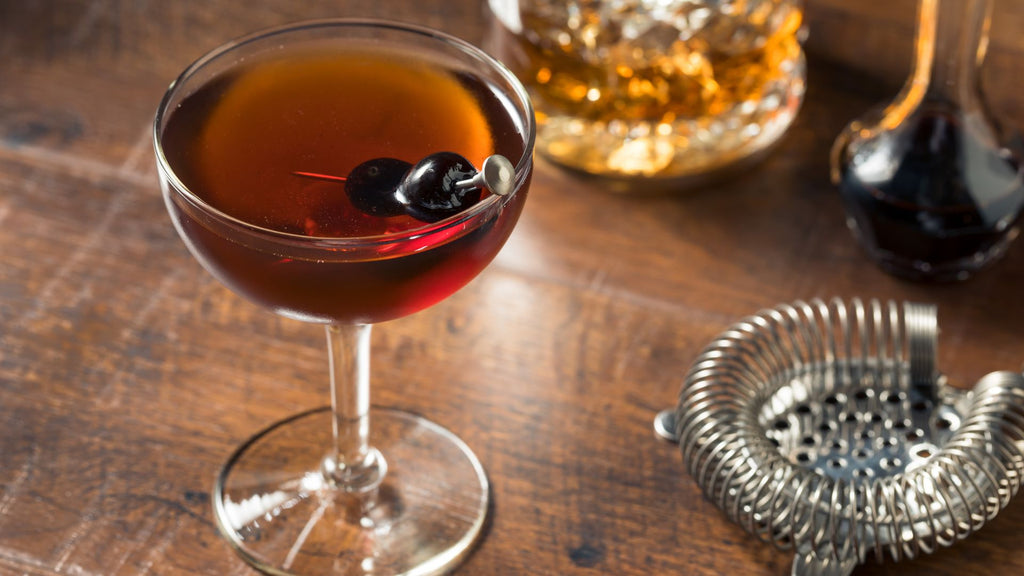
During the era of Prohibition era in the 1920s, when alcohol was banned, the cocktail industry faced numerous challenges. The production, sale, and consumption of alcoholic beverages were banned, leading to a significant decline in the demand for cocktails.However, mixologists and bartenders found ways to adapt to these circumstances. Innovative bartenders created several classic cocktails that remain popular today.
Prohibition, which began with the enactment of the 18th Amendment on January 17, 1920, had a significant and paradoxical effect on American cocktail culture. Originally intended to curb alcohol consumption, the ban instead inspired a burgeoning underground drinking scene.
During this time, the quality of available alcohol plummeted due to the closure of legal distilleries. People turned to bootleggers who smuggled spirits or produced crude homemade versions like moonshine and bathtub gin, which often had harsh flavors. To make these poor-quality spirits more palatable, cocktail creators became increasingly innovative, adding various mixers, sweeteners, and flavorings to mask the unpleasant taste of the alcohol. This ingenuity led to the development and refinement of many classic cocktails, which remain popular today.
As legitimate bars closed, covert establishments known as speakeasies sprang up, often requiring secret passwords for entry. This secretive and defiant atmosphere fostered a surge in cocktail popularity, as these illicit bars served up not only alcohol but an air of rebellion and exclusivity.

These secret bars operated underground and provided a hidden space for people to enjoy alcoholic drinks. Mixologists developed new cocktail recipes that were specifically tailored to the taste of their customers, who often had limited access to high-quality spirits and ingredients. Bootlegging also emerged as a consequence of the intriguing and fascinating mixology history, which provides insights into the cocktail origins and the evolution of mix.
Notable among these are the Bee
The South Side Fizz, reputedly favored by infamous gangster Al Capone
While Prohibition aimed to reduce alcohol consumption, it ironically enhanced the culture surrounding cocktails, leading to the creation of a distinctive and enduring cocktail scene in America.
Modernizing Mixology Trends
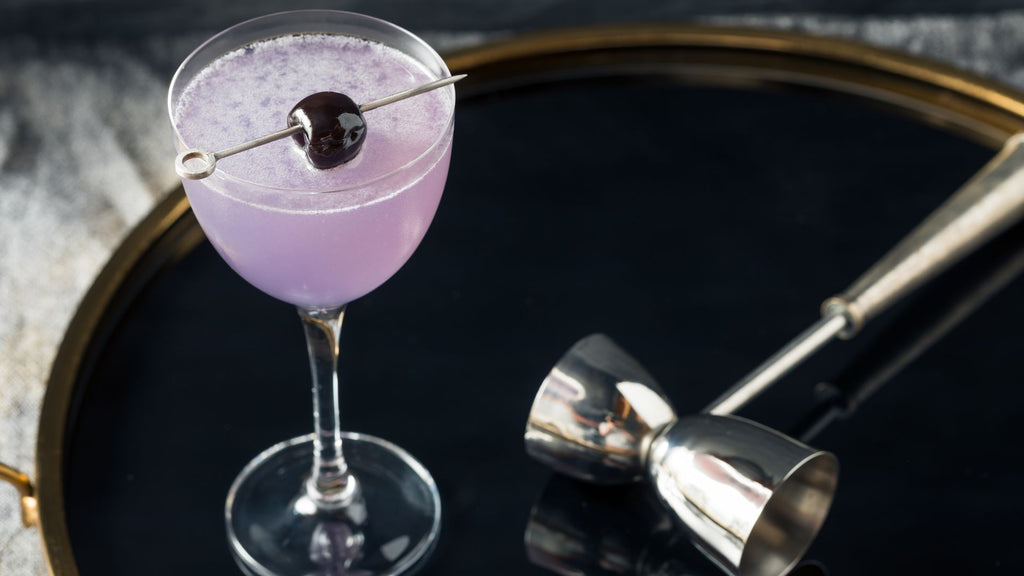
The modernization of mixology trends has revolutionized the way people experience and enjoy cocktails today. With the rise of craft cocktails and the ever-evolving cocktail culture, mixologists have embraced innovation and creativity to transform traditional recipes and techniques.
They have incorporated new ingredients and flavors to create unique and enticing concoctions.
Mixology classes, seminars, workshops, and competitions have also played a crucial role in shaping the industry.
Bartenders are now equipped with extensive mixology education and use specialized tools and equipment to craft their masterpieces.The combination of these trends has elevated the art of mixology to new heights, prompting a deep exploration into mixology history, the intricate origins of cocktails, and the fascinating evolution of mixology techniques.
Art and Science of Molecular Mixology
In the realm of mixology, one area that has gained significant attention and sparked intrigue is the art and science of molecular mixology. This innovative approach to cocktail creation combines scientific techniques with artistic flair to push the boundaries of what is possible in a glass.
Molecular mixology involves the use of specialized tools and ingredients to transform the molecular structure of cocktail components.
This can include techniques such as spherification, foams, emulsions, and even smoking drinks with dry ice.
By manipulating the physical properties of the ingredients, mixologists can create visually stunning and flavor-packed cocktails. One key aspect of molecular mixology is the emphasis on experimentation and exploration. Mixology history is an intriguing journey that delves into the origins of cocktails and charts the fascinating evolution of mixology throughout the centuries.
Revival of Tiki Drinks and Speakeasies

In recent years, there has been a remarkable revival of Tiki drinks and speakeasies in the world of mixology. These unique cocktail styles have gained immense popularity and have become a significant part of the modern mixology scene.
Tiki drinks, with their tropical flavors and exotic garnishes, have a rich history that dates back to the mid-20th century.
They were inspired by the Polynesian culture and were created to transport drinkers to a paradise-like setting.
Speakeasies, on the other hand, originated during the prohibition era in the United States.These hidden bars were a haven for those seeking to enjoy alcoholic beverages, where mixology history was unraveled and the origins and evolution of cocktails were discussed among passionate enthusiasts..
Mastering DIY Cocktails
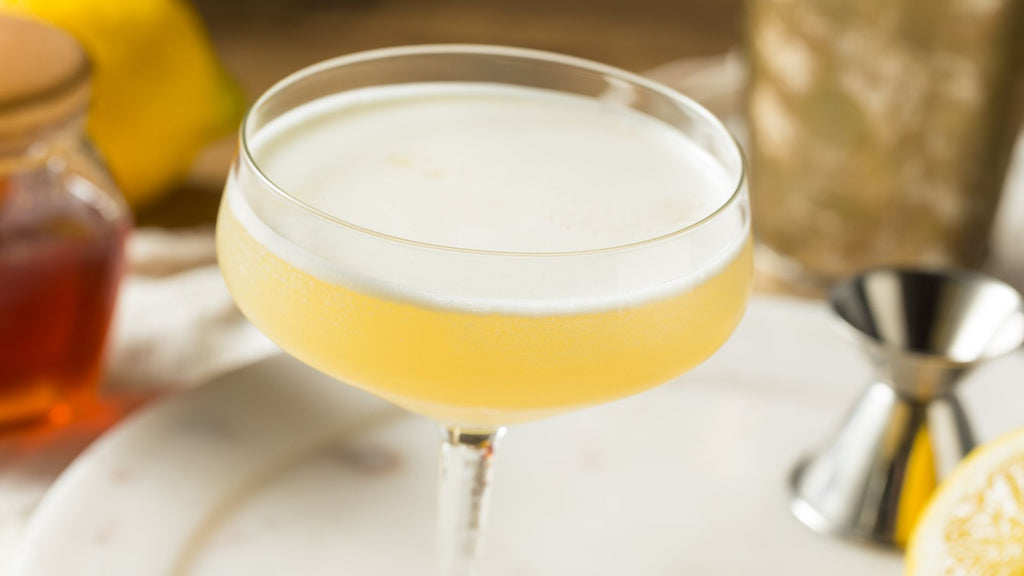
While tiki drinks and speakeasies have been making a comeback in recent years, mastering the art of DIY cocktails is a whole different level of mixology expertise. Its about exploring the lesser-known aspects of cocktail history, cocktail origins, and the evolution of mixology.
To truly master DIY cocktails, its important to delve into the cultural and historical significance of cocktails.
Understanding the unique recipes and techniques that have shaped the art of mixology over time allows you to appreciate the craft on a deeper level.One of the key steps to mastering the fascinating world of mixology history, cocktail origins, and the evolution of mixology is to immerse oneself in the rich narratives and intriguing anecdotes that shape the development and artistry of cocktail creation.
Future Innovations and Trends in Mixology
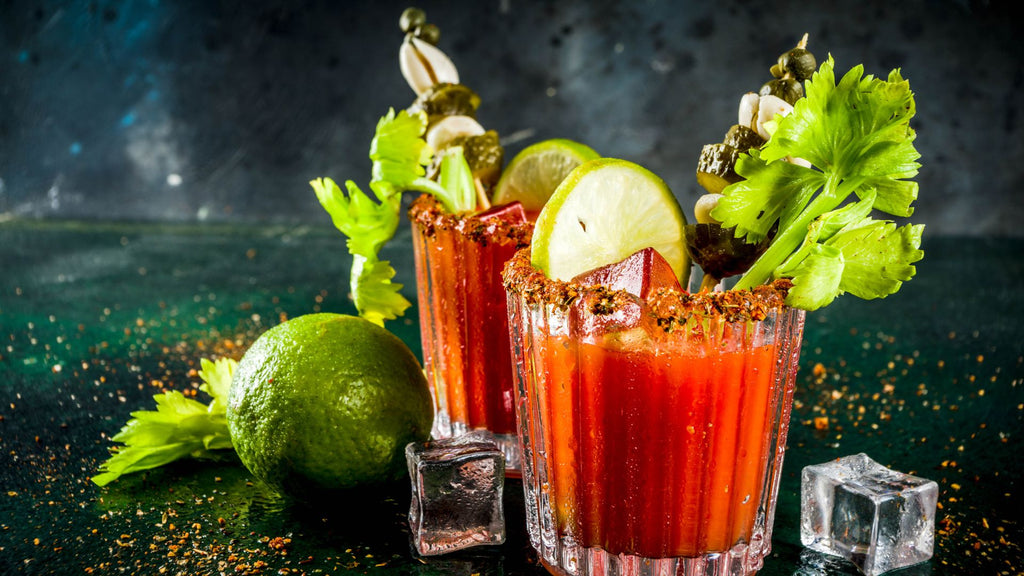
As mixology continues to evolve, so do the future innovations and trends in the world of cocktails. Bartenders and mixologists are always finding new ways to push the boundaries and create extraordinary cocktail experiences.
One of the emerging trends in mixology is the use of innovative ingredients.
Mixologists are experimenting with unique flavors and unusual combinations to create truly one-of-a-kind drinks.
From rare herbs and spices to exotic fruits and homemade infusions, the possibilities are endless.
Another trend in mixology is the use of advanced techniques and technologies.Mixologists are exploring molecular mixology, where they use advanced techniques and scientific principles to create innovative and visually stunning cocktails that pay homage to mixology history, cocktail origins, and the evolution of mixology.

